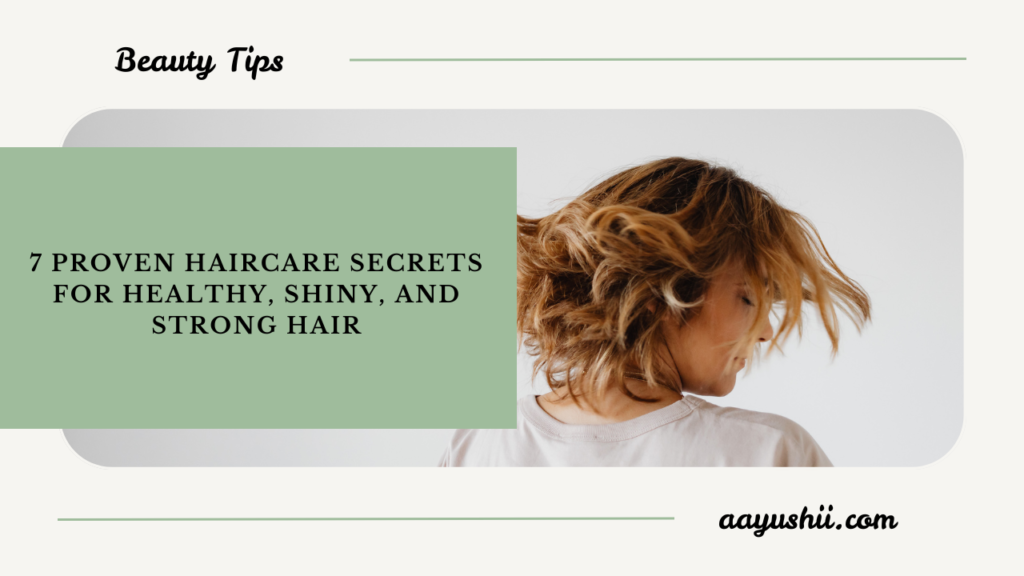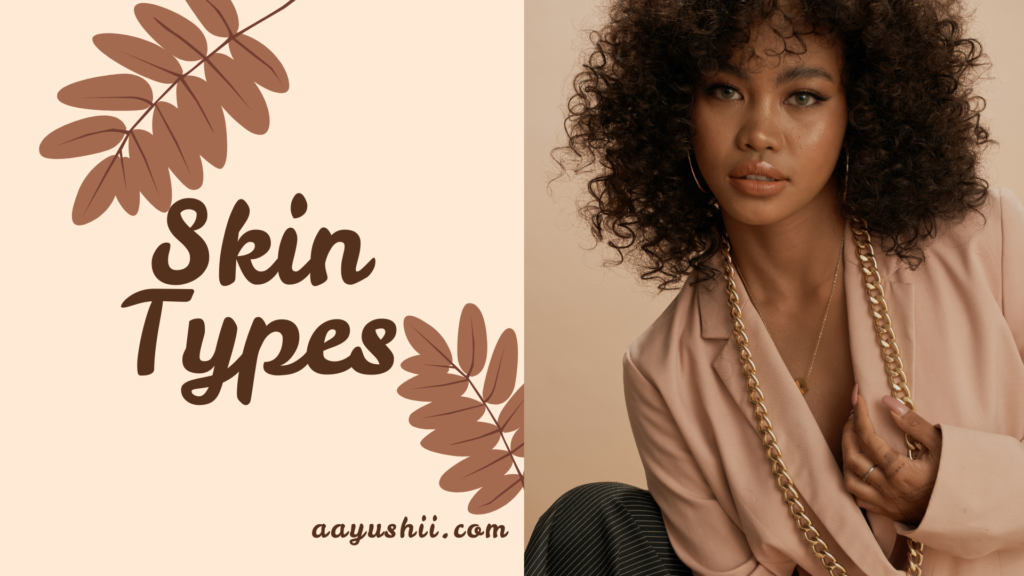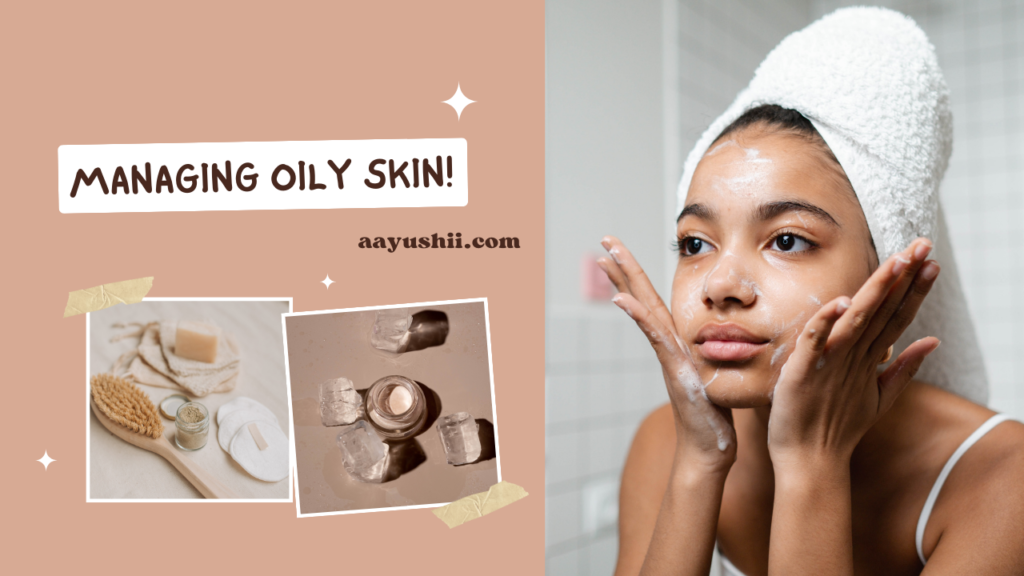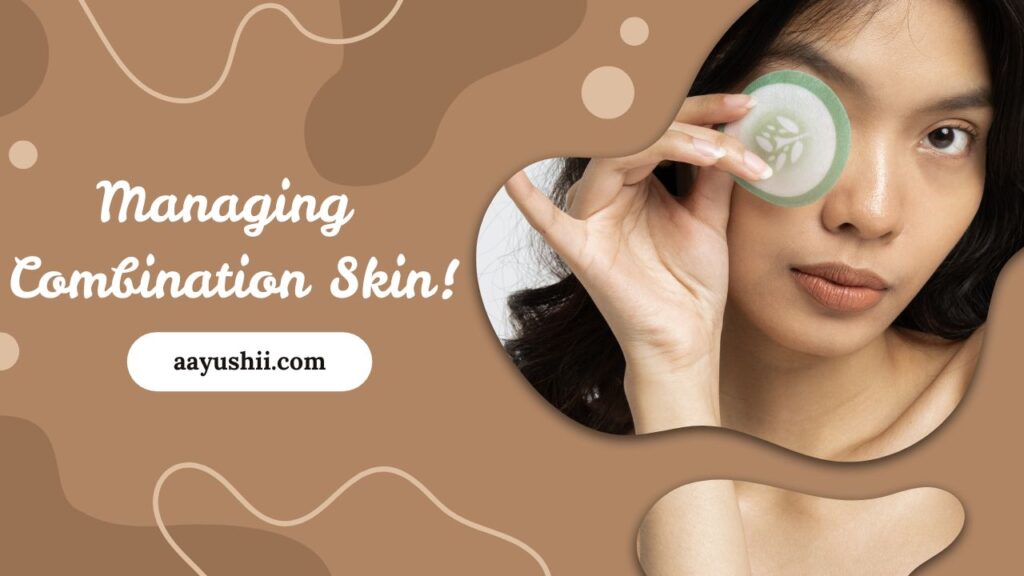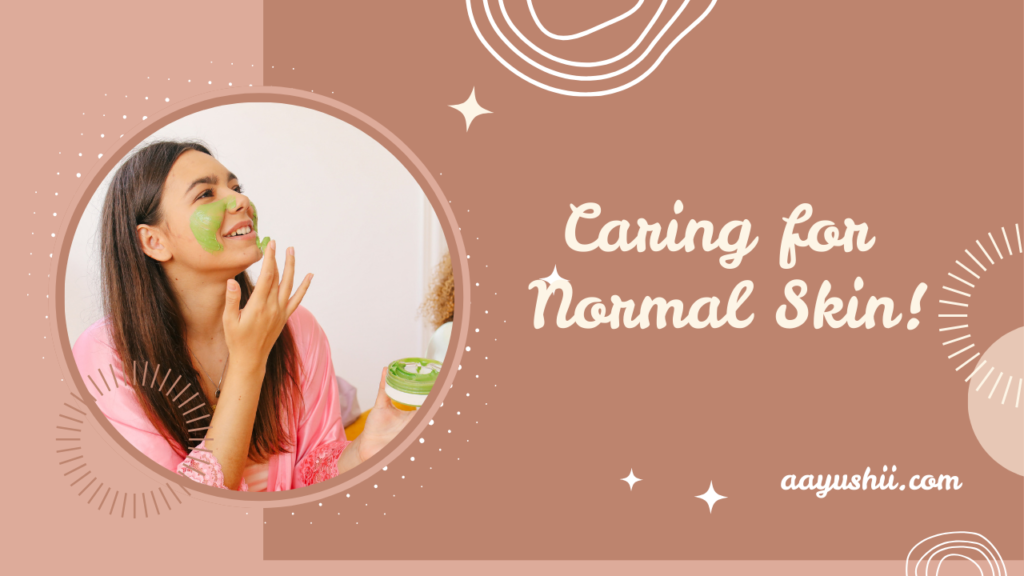Are you longing for hair that radiates health, shines with brilliance, and feels strong to the touch? Achieving luscious locks doesn’t have to require an arsenal of expensive products or a salon’s worth of treatments. In fact, the secret to beautiful hair often lies in adopting simple, natural habits and practices that nurture your hair from the inside out. This comprehensive guide will walk you through seven proven haircare secrets to help you transform your tresses naturally.
1. Nourish Your Hair from Within

Expanding on the topic of nourishing your hair from within, it’s essential to understand how the nutrients in your diet directly impact hair growth, strength, and overall health. Here’s a deeper look at the components mentioned:
a. Protein for Hair Structure
Hair strands are primarily made of keratin, a type of protein. Without sufficient protein in your diet, your hair can become weak, brittle, and prone to shedding. Here are a few tips for incorporating protein effectively:
- Eggs: Not only are they a rich source of protein, but they also provide biotin and other essential nutrients for hair health.
- Lean Meats and Fish: These are excellent sources of high-quality protein that provide amino acids necessary for keratin production.
- Plant-Based Options: Tofu, tempeh, and legumes like lentils and chickpeas are great for vegetarians or vegans.
b. Omega-3 Fatty Acids for Scalp Health
Omega-3 fatty acids are crucial for maintaining the health of your scalp, which is the foundation of healthy hair. They help reduce inflammation and support natural oil production, keeping your scalp hydrated and your hair shiny.
- Salmon and Fatty Fish: These are particularly rich in omega-3 and also provide Vitamin D, which can help with hair follicle health.
- Nuts and Seeds: Walnuts and flaxseeds are fantastic plant-based sources of omega-3s.
c. Vitamins and Minerals for Growth and Strength
- Vitamin A: Found in spinach, carrots, and sweet potatoes, Vitamin A supports the production of sebum, a natural oil that moisturizes your scalp.
- Vitamin C: Citrus fruits, bell peppers, and berries provide Vitamin C, essential for collagen production. Collagen strengthens hair and prevents breakage.
- Zinc and Iron: Both minerals are critical for hair growth. Zinc supports the repair of damaged hair follicles, while iron ensures your hair follicles receive enough oxygen. Spinach and other leafy greens offer a good combination of these.
d. Biotin for Strengthening Hair
Biotin, a B-vitamin, enhances keratin structure, leading to stronger and more resilient hair. It’s especially effective in preventing hair thinning and improving texture.
- Sources: Nuts (almonds, walnuts), seeds (chia, sunflower), and whole grains are biotin-rich and easy to include in your meals.
e. Hydration for Moisture
Dehydration can lead to dry, brittle hair and a flaky scalp. Maintaining optimal hydration levels helps:
- Prevent breakage.
- Improve scalp circulation, which enhances nutrient delivery to hair follicles.
- Enhance the elasticity and shine of hair strands.
To ensure hydration:
- Drink 8-10 glasses of water daily or more if you’re active or live in a hot climate.
- Include hydrating foods like cucumbers, watermelon, and oranges.
Practical Tips for a Hair-Healthy Diet:
- Prepare balanced meals incorporating a variety of the above nutrients.
- Opt for whole foods over processed options to maximize nutrient absorption.
- Consider supplements if your diet lacks certain nutrients, but consult a healthcare professional first.
By combining these dietary practices, you’ll not only support hair health but also enjoy benefits like improved skin, nails, and overall vitality.
2. Use Natural Oils to Boost Shine and Strength

Natural oils are time-tested remedies for dry and damaged hair. Incorporating regular oil treatments can significantly improve your hair’s texture and strength:
- Coconut Oil: Rich in fatty acids, it penetrates the hair shaft to reduce protein loss.
- Argan Oil: Often called “liquid gold,” it’s packed with antioxidants and Vitamin E to add shine.
- Castor Oil: Promotes hair growth and thickens strands.
- Jojoba Oil: Mimics natural scalp oils, making it perfect for hydration.
Massage warm oil into your scalp and hair, leave it on for 1-2 hours (or overnight), and wash thoroughly with a gentle shampoo.
3. Avoid Over washing and Choose the Right Products
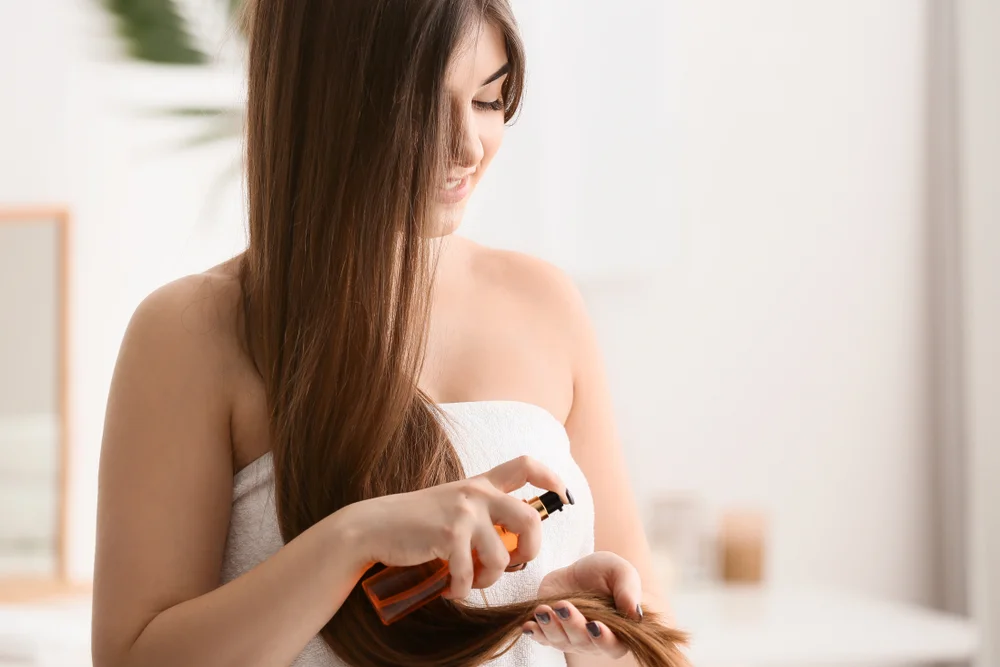
Washing your hair too frequently strips it of its natural oils, leading to dryness and breakage. Aim to wash your hair 2-3 times a week and select products tailored to your hair type:
- Fine Hair: Opt for volumizing shampoos and lightweight conditioners.
- Curly or Coarse Hair: Moisturizing shampoos and conditioners with hydrating ingredients like shea butter are ideal.
- Color-Treated Hair: Use color-safe, sulfate-free shampoos to preserve vibrancy.
When shampooing, focus on your scalp to cleanse excess oil and buildup. For conditioning, apply mainly to the mid-lengths and ends to avoid a greasy scalp.
4. Embrace Regular Trims
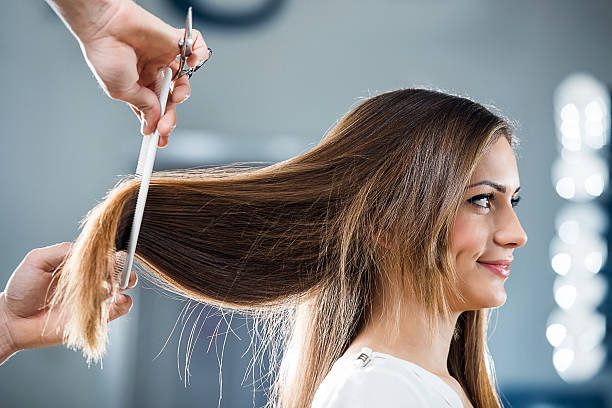
Regular trims are essential for maintaining the health of your hair. Split ends can travel up the hair shaft, leading to breakage and thinning. Trimming every 6-8 weeks helps prevent this and keeps your hair looking neat and polished.
Even if you’re trying to grow your hair longer, regular trims promote growth by preventing damage from spreading. Talk to your stylist about “micro-trimming” if length retention is a priority.
5. Protect Your Hair from Heat and Environmental Damage
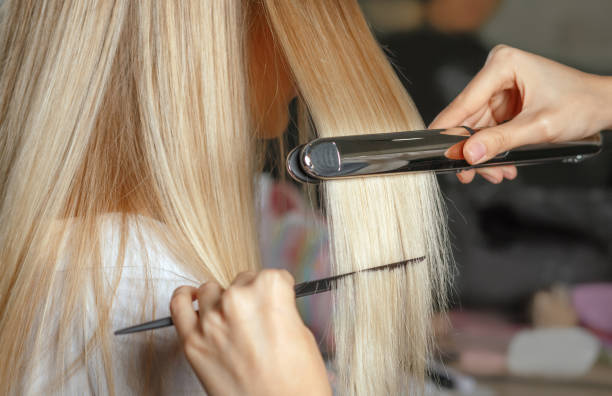
Excessive heat styling and environmental factors like UV rays can take a toll on your hair. To minimize damage:
- Limit Heat Tools: Use curling irons, straighteners, and blow dryers sparingly. When using them, always apply a heat protectant spray.
- Air Dry Whenever Possible: Allow your hair to air dry instead of blow-drying. If needed, use the cool setting.
- Protect from UV Rays: Wear a hat or use hair products with built-in SPF to shield your hair from the sun.
Additionally, consider sleeping on a silk pillowcase to reduce friction and prevent breakage.
6. Incorporate DIY Hair Masks
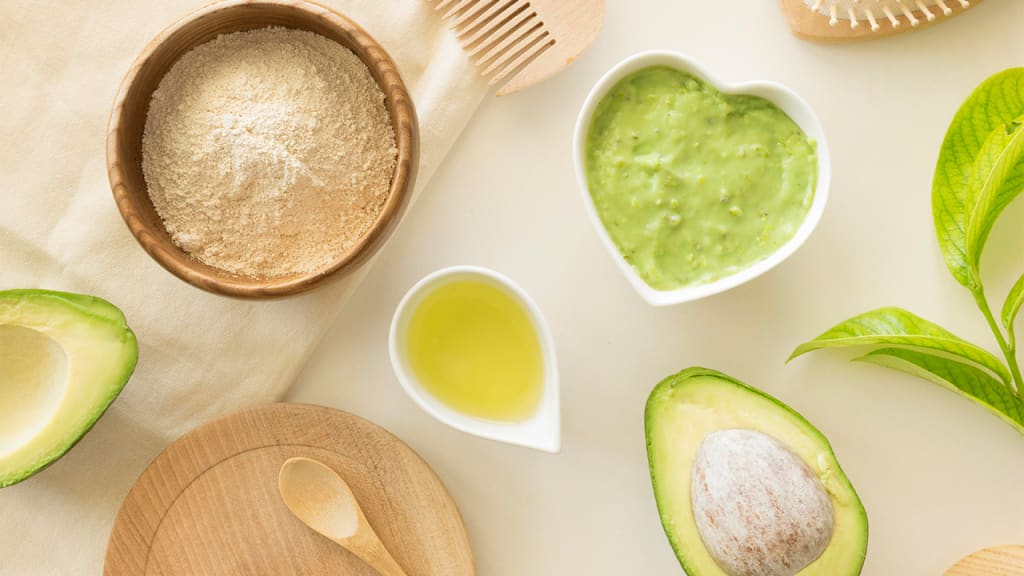
Homemade hair masks are a cost-effective way to pamper your hair. They’re packed with natural ingredients that nourish and repair:
- For Dry Hair:
- Hydrating Mask: Mix honey, coconut oil, and yogurt to deeply moisturize and restore softness. Leave it on for 20-30 minutes.
- For Oily Hair:
- Clarifying Mask: Combine apple cider vinegar, clay, and aloe vera to absorb excess oil and balance your scalp. Leave on for 15-20 minutes.
- For Damaged Hair:
- Repairing Mask: Mash avocado with olive oil and honey to nourish and strengthen damaged hair. Leave for 20-30 minutes.
These masks can help hydrate, balance oil, and repair damage, improving the overall health and appearance of your hair.
7. Practice Gentle Haircare Habits
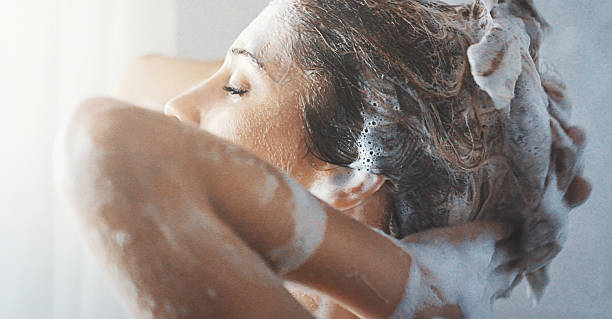
How you handle your hair daily can make a huge difference in its health and appearance. Adopt these gentle practices:
1. Detangle Carefully
- Why It Matters: Hair is more fragile when tangled, and using the wrong tools or techniques can lead to breakage.
- What to Do: Always use a wide-tooth comb or a detangling brush. Start detangling from the ends of your hair and work your way up to the roots, gently working through knots to prevent breakage.
2. Avoid Tight Hairstyles
- Why It Matters: Hairstyles like tight ponytails, braids, or buns can put excessive pressure on the hair shaft, causing traction alopecia, a form of hair loss.
- What to Do: Opt for looser hairstyles and avoid pulling hair too tightly. If you must tie it up, use soft hair ties or scrunchies to minimize stress on the hair.
3. Shampoo Gently
- Why It Matters: Scrubbing your scalp aggressively can damage both your scalp skin and hair cuticles, leading to hair breakage and irritation.
- What to Do: When washing, use gentle circular motions to massage the scalp. This helps cleanse without causing unnecessary friction.
4. Avoid Brushing Wet Hair
- Why It Matters: Wet hair is more prone to stretching and breaking because it’s in a more fragile state.
- What to Do: Never brush wet hair. Instead, use a wide-tooth comb to gently detangle it while it’s damp, starting from the ends.
By incorporating these gentle haircare habits into your routine, you can reduce hair damage, improve its health, and enhance its overall appearance.
Bonus Tip: Stress Management

Stress, whether physical or emotional, can have a significant impact on hair health. Chronic stress triggers a condition called telogen effluvium, where hair prematurely enters the resting phase of its growth cycle, leading to excessive shedding. Here’s how managing stress can improve your hair health:
How Stress Affects Hair
- Hair Growth Cycle Disruption: Prolonged stress causes more hair follicles to enter the shedding phase, leading to noticeable hair thinning over time.
- Scalp Health: Stress can exacerbate conditions like dandruff, psoriasis, or an itchy scalp, which can further hinder hair growth.
- Hormonal Imbalances: Stress increases cortisol levels, which may affect other hormones responsible for hair growth and scalp health.
Stress Management Techniques
1. Relaxation Practices
- Meditation and Deep Breathing: Practices like mindfulness meditation and diaphragmatic breathing lower cortisol levels, promoting a calm mind and healthier body.
- Yoga: Combines physical movement with breath control, improving blood circulation (including to the scalp) and reducing stress.
2. Regular Exercise
Physical activity helps reduce stress hormones and stimulates the release of endorphins, the body’s natural mood elevators. Activities like walking, jogging, or even dancing can help balance hormones and improve scalp blood flow.
3. Adequate Sleep
Sleep is essential for recovery and repair. Aim for 7-9 hours of quality sleep per night to allow your body to regulate stress hormones and support hair follicle health.
4. Hobbies and Creative Outlets
Engaging in enjoyable activities, such as painting, gardening, or music, can provide a mental escape from daily stressors and improve overall well-being.
5. Professional Support
If stress feels overwhelming, consider seeking help from a therapist or counselor. Cognitive-behavioral therapy (CBT) or other techniques can help you develop coping mechanisms for stress.
Nutritional Support for Stress
- Magnesium: Found in nuts, seeds, and leafy greens, magnesium helps calm the nervous system and reduce stress.
- B Vitamins: Essential for managing stress, these vitamins are found in whole grains, eggs, and dark leafy vegetables.
- Adaptogens: Herbs like ashwagandha and rhodiola are known for their stress-relieving properties and can be included in teas or supplements.
By incorporating stress management techniques into your routine, you can help minimize stress-induced hair loss and create an environment for healthy hair growth. This not only benefits your hair but also improves your overall mental and physical health!
Final Thoughts
Transforming your hair naturally is a journey that requires consistency and care. By nourishing your body, treating your hair with love, and protecting it from damage, you’ll unlock the secret to healthy, shiny, and strong hair. Remember, it’s not about overnight miracles but adopting habits that ensure long-term results.
Start incorporating these seven secrets into your routine today, and watch your hair transform into its healthiest version yet!
FAQ: 7 Proven Haircare Secrets for Transforming Your Hair Naturally
Why is diet important for healthy hair?
Your hair reflects your overall health. Nutrients like protein, biotin, omega-3 fatty acids, and vitamins strengthen hair, promote growth, and maintain shine. A balanced diet fuels your follicles from within.
Can these tips help with hair loss?
Yes, many of these tips, like stress management, proper nutrition, and gentle care, address common causes of hair loss, promoting healthier, fuller hair over time.
Are DIY hair masks safe for regular use?
Yes, DIY masks use natural ingredients like honey, avocado, and aloe vera, which are gentle and safe for most people. Just do a patch test to rule out any allergies.
How often should I use a hair mask?
Using a hair mask once a week is ideal for maintaining hydration, repairing damage, and addressing specific concerns like dryness or oiliness.
What’s the biggest mistake to avoid in haircare?
Harsh practices like aggressive brushing, tight hairstyles, and overuse of heat tools can damage hair over time. Treat your hair gently and avoid over-processing.
Can stress really affect hair health?
Yes, stress can disrupt the hair growth cycle, leading to shedding or thinning. Practicing relaxation techniques like yoga or meditation can help reduce its impact.
For more expert advice and tips on natural haircare, visit aayushii.com!

